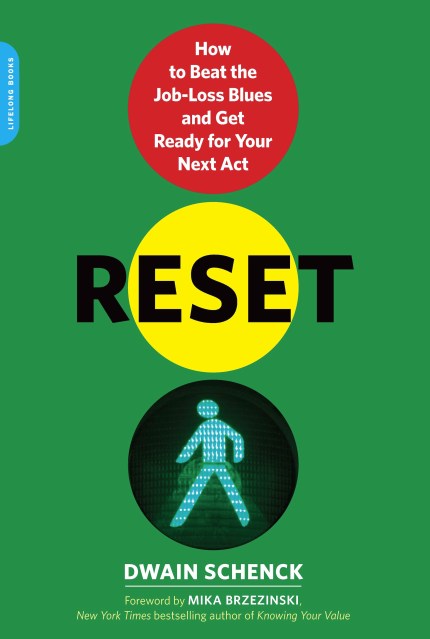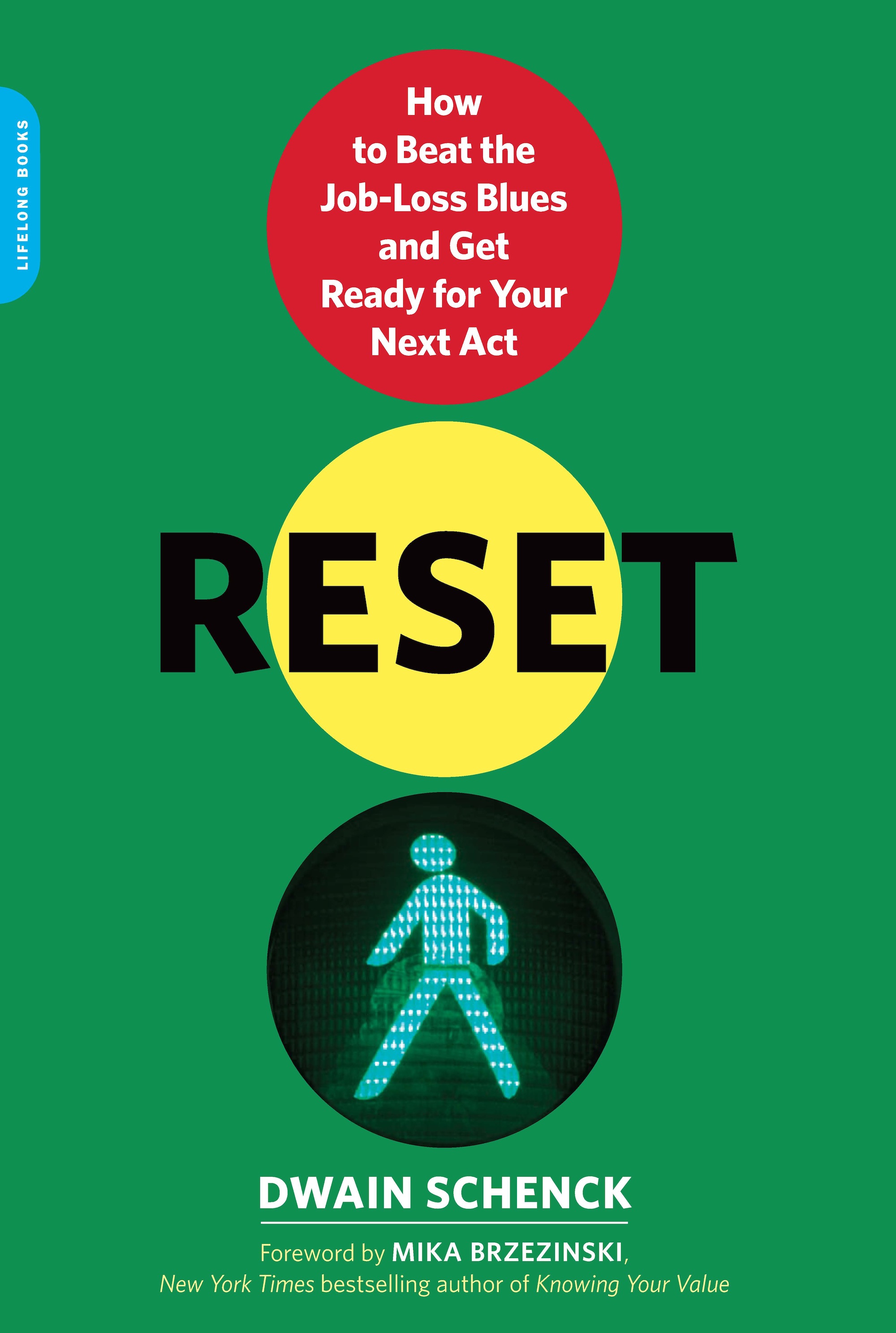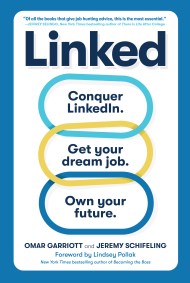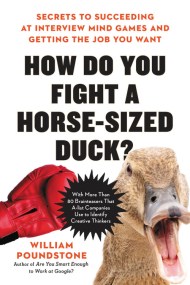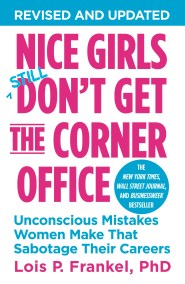Promotion
Shop now and save 20% on your back-to-school purchases & get free shipping on orders $45+ Use code: SCHOOL24
Reset
How to Beat the Job-Loss Blues and Get Ready for Your Next Act
Contributors
Formats and Prices
Price
$11.99Price
$15.99 CADFormat
Format:
ebook $11.99 $15.99 CADThis item is a preorder. Your payment method will be charged immediately, and the product is expected to ship on or around December 31, 2013. This date is subject to change due to shipping delays beyond our control.
Also available from:
Layoff. If you haven’t experienced one, you know someone who has. Dwain Schenck speaks with authority; not only has he seen energetic, talented, and accomplished friends undergo the stress of job loss, but he, too, has felt the sting of being “let go.”
Resetis the uncompromising portrait of Schenck’s journey: a successful journalist and communications professional who joins the ranks of the unemployed during the most dismal job market in modern history, his initial reactions of denial and depression sabotage his morale and motivation. Then, with the assistance of friends, wisdom from experts, and good old-fashioned creativity and tenacity, Schenck turns his attitude around. The hard-won, valuable advice and techniques in these pages can work for anyone concerned about job loss or keeping a job.Resetcan position you to get back on your feet, often landing in a better place. Schenck covers a wide variety of topics with a humorous, light touch that balances the serious subjects within, which include:
- The Emotional Phases of Unemployment
- Who Am I? Insecurity and Uncertainty
- Rules for Effective Networking
- Knowing Your Value in a Buyer’s Market
- The Social Life of the Unemployed
- Mastering the Art of Reinvention
With insight and inspiration from Mika Brzezinski, Donald Trump, Christine Hefner, Mort Zuckerman, Susie Essman, Donny Deutsch, Larry David, Joe Echevarria, Mike Barnicle, and Joe Scarborough
- On Sale
- Dec 31, 2013
- Page Count
- 272 pages
- Publisher
- Da Capo Lifelong Books
- ISBN-13
- 9780738216966
Newsletter Signup
By clicking ‘Sign Up,’ I acknowledge that I have read and agree to Hachette Book Group’s Privacy Policy and Terms of Use
